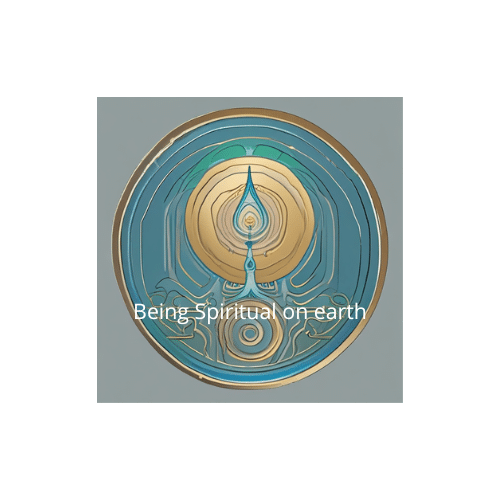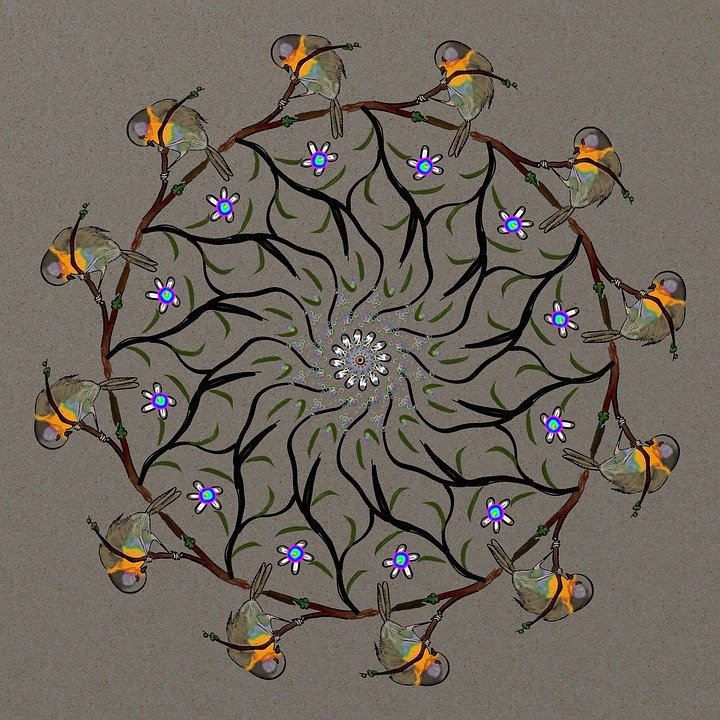Questioning Relationship Patterns and Stereotypes

In this post I am writing about challenging relationship patterns and stereotypes in order to have a successful relationship, especially when we are talking about love relationships. I already wrote about this subject in another post.
The Burden of Male and Female Stereotypes
The expression of emotions between men and women is still difficult today because of stereotypes associated with feminine and masculine roles. In most cultures, the expression of emotions has been associated with unacceptable weakness in a man, seen through the heroic ideal of unshakable strength and rationality, where men still feel uncomfortable expressing emotions because it is seen as a weakness of character, acceptable in a woman but not in a man.
However, since men and women do not have innate characteristics that distinguish what is feminine and what is masculine, but these are learnt in the culture in which they grow up, all kinds of dysfunctions appear in romantic relationships where men have trouble to decide how to deal with emotions and feelings.
For many centuries, women have been the target of discrimination, called ‘weak’, ’emotional’, incapable of solving problems and needing to be ‘guided’ by men so as not to make their lives a ‘disgrace’ in the eyes of men.
On the other hand, men have learnt that ‘men don’t cry’, that they must be strong and endure all difficulties without being overcome by them. If they don’t succeed, they are seen in a prejudiced way, as weak and incapable, and become social outcasts.
And the result is that neither men nor women know very well how to deal with their feelings or how to act with their partner in order to grow together.
Women are more comfortable expressing their feelings but are easily discouraged if they do not get the response they want from their partner: they often feel that the other person does not love them as they deserve, and this often leads to the projection of the images that the collective consciousness has created about women over many eras.
In the words of Master Paul, the Venetian: « most women have a severe problem when they are expressing their love and when they feel it is not received. They feel rejected, they feel worthless, they feel ignored»[1].
This is especially true for women who are at levels of consciousness below the 96th level, because they are the ones who are most influenced by the collective consciousness of their culture.
Women therefore have much to gain, in terms of freedom, but especially in terms of self-esteem and mental health, by taking the path of self-mastery and challenging relationship patterns and stereotypes.
Of course, the same can be said of men, when they are at higher levels of consciousness they don’t suffer as much from the effects of collective consciousness and traditional masculine stereotypes and feel more comfortable dealing with their feelings without feeling diminished by them.
But when they’re at lower levels of consciousness it’s not like that, especially if the women they relate to are at higher levels of consciousness.:« He has been brought up with a different image of how love should be expressed, and he cannot handle that the wife expresses it more freely or expresses a higher form of love ».[2]
Overcoming the Images of Love Created by the Ego
The problems described above in relation to male and female stereotypes all have a common reference in that they are produced by the separate mind of the ego and they show the need to challenge relationship patterns and stereotypes.
The reason why men and women face such a challenge, both with each other and with the opposite sex, is that most are identified with the ego mind and cannot accept unconditional love.
For a long time now, the image projected into the collective consciousness has been that love has conditions, and that all those who do not respect these conditions do not ‘deserve’ to be loved and are therefore denied love.
The very image of God created on earth includes the need to fulfil conditions in order to receive divine love. If these conditions are not met, it is believed that God Himself chastises and punishes and does not give His love to anyone.
And this model of a vengeful and distant God, created by the separate mind, is so ingrained in the collective consciousness that most people do not believe it is possible for love to be unconditional, and their ego-dominated mind reinforces this denial.
And yet we have all seen and admired expressions of love that transcend all conditions: a mother’s love for a child who does not respect any external rules, someone who can sacrifice his life to save another’s, without any “justification” or condition.
The examples are there if we want to see them. And the reason we admire them is because something in us longs for that ‘free’ act of love, the only one that deserves to be called love, which asks for nothing in return and simply gives itself, without any other intention.
And what in us longs for this level of love is our spiritual identity, the only one that can experience this love. The ego is always in the dividing space between us and others, between the desire for possession and the other seen as an object.
Only the ego feels rejected when it directs an act of desire towards another, and they do not respond. Spiritual identity is focused on giving, because love grows within you like a door that opens to receive it, but you know that love is not your possession, it is not an object, it is something that transcends the vessel that receives it and it overflows to all who want to receive it.
Love is universal, it belongs to no one. When we open our consciousness beyond the ego, we can open ourselves to it and become a flame that can enlighten others.
The ego, on the other hand, is always making calculations of “shall” and “should” and in the comparisons it makes between what it “gives” and what it wants to receive, it is incapable of experiencing true love and even less capable of forgiveness.
Close relationships, between couples, parents and children, etc., are a huge challenge to spiritual growth and can slow it down when people, letting their ego take control of their lives, close their chakras to the flow of love that is constantly flowing through the I Am Presence and, as such, cannot experience it.
But no human being can grow without the experience of the love that comes from the I Am Presence, and if we allow ourselves to get lost in the conflicts created by the ego, which just wants to continue to dominate our lives as it has for so long, and we close the chakras that are the doors through which we open ourselves to love, we stop ourselves from growing but, above all, we stop ourselves from being happy.
It is not the partner that makes us unhappy, it is our choice to maintain the ego as an illegitimate borrowed identity whose dominance we accept, and which makes us less than we could be.
It’s our choice to change our sense of identity by questioning relationship patterns and stereotypes, and to finally become the spiritual being we are meant to be – if we so choose.
[1] Paul the Venetian, The Mystical Initiations of Love, dictated through the messenger Kim Michaels, p.94 Ebook version.
[2] Id., ibid.







